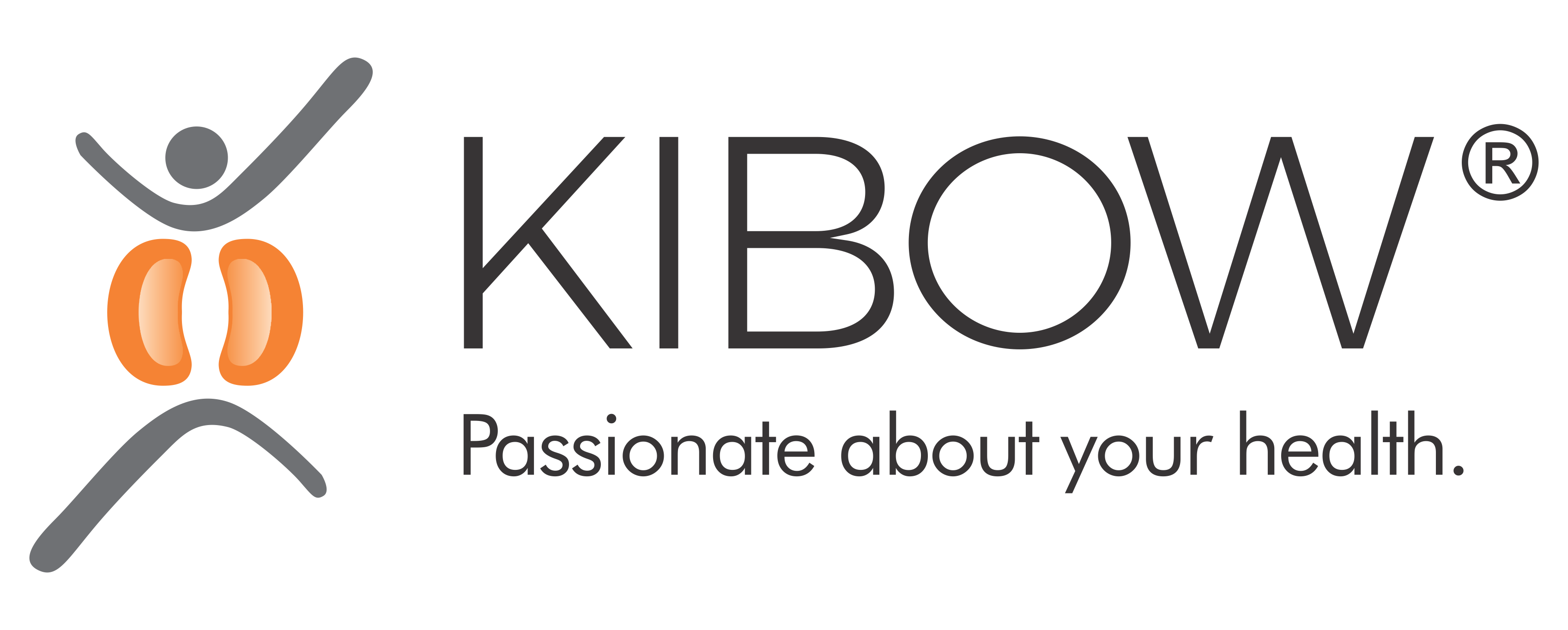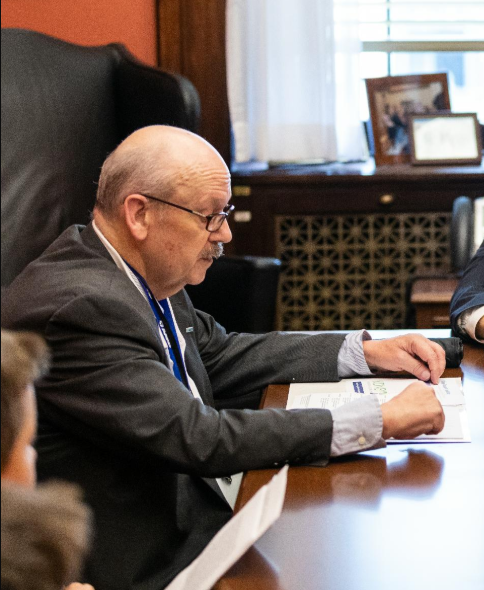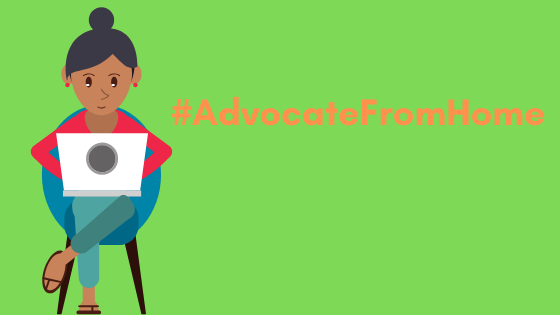Written By: James Myers
The views expressed here are not necessarily those of The Hope or its sponsor Kibow BiotechⓇ and are those of the author.
THE EFFECT OF THE CORONAVIRUS
The Coronavirus (COVID-19) and global social distancing practices have made it very difficult made it very difficult to meet with our elected officials. Travelling even short distances has been frowned upon by our experts, who are urging us to stay home, avoid crowds and avoid touching other people. As advocates, the virus should not stop us from communicating with our elected officials. Communications are needed now more than ever.
As a kidney patient, we know that kidney disease and kidney disease issues do not stop with an international crisis. If anything, COVID-19 has complicated life for kidney patients as well as others who are compromised by a disease and/or immunosuppressed status even further. This blog is designed to help you continue to advocate for disease issues with your Members of Congress, even in times of social distancing.
THE ROLE OF SOCIAL MEDIA
Social media is a great way to build relationships with your Members of Congress. Congress uses social media not only to get their messages out, but to gauge the pulse of their constituents. Almost 96 per cent have an email or social media account, where not only can you contact them, but you can also request a written response. 96 per cent of all Members have a Facebook page. 99 per cent are on Twitter, 79 per cent are on You Tube and 79 per cent have an Instagram page. Additionally, 33 per cent of all Federal Officials have accounts you can post to, while 36.5 per cent of State Officials allow posting to their accounts. 68.9 per cent of all State Reps have social media accounts.
WHY SOCIAL MEDIA IS EFFECTIVE IN COMMUNICATING WITH YOUR ELECTED OFFICIALS
Elected officials and their staff pay attention to social media communications from their constituents. Elected officials rate social media communications as 76% effective in getting your point across.
- 80 per cent of Congressional Staffers say as little as 30 tweets puts the subject matter on their radar;
- Continuing comments can move and issue to the front of concerns;
- 35 per cent say they become concerned with less than 10 comments;
- 45 per cent say it is between 10-30 comments;
- 21per cent say it is greater than 30 comments.
A practice pointer: be sure to include your name and city on your account so they will know you are a constituent.
METHODS OF REMOTE COMMUNICATION
In addition to social media, there are several methods of very effective remote communication that will work with your Elected Officials:
• Email- Most Members have an email account you can write to. You can request a written response to your email. This is a very common method of communicating with your elected official. It does not have the immediacy of meeting with the official in person and does not give you the opportunity to gauge the official or his staffer’s reactions to your presentation;
• Social media accounts- As we have seen, most members have social media accounts, so you can contact them on Facebook, Twitter or Instagram. The problem is that again you do not have some the ability to gauge their response to your arguments;
• Instant Messaging-Through Facebook, for example, you can have instant communications with your Member/Staffer, but you have limited ability to share/discuss documents and again you have the lack of immediacy. You can do am IM phone call that is capable of giving you a visual, but for me, the service is unreliable and frustrating at times;
• Phone Conferencing- Some of your Members/Staffers may prefer a good, old-fashion phone conference. Free Conference Call.com offers an app to provide such a service for your smartphone and does come with visual conferencing. It does, however, limit the number of participants that you can add to a call;
• Video Conferencing-These apps can give you a very similar experience to a genuine in person meeting, and with some advanced planning, the ability to review and exchange documents. You have a much better opportunity to gauge reactions, and if necessary, adjust your presentation. Good examples include:
o Skype
o What’s App
o Houseparty
o Zoom
o Ring
o Google Hangouts Meet
o Facetime (Apple)
o Marco Polo
o Microsoft Teams
o Amazon Chime (AWS)
Many of these applications are free but limited in the number of participants permitted.
When using some of the methods listed use the hashtag #AdvocateFromHome to let your followers know that they can still help out even from home!
•Petitions- I have very successfully used Change.org to bring issues to the Officials’ attention, that I considered important to my fellow kidney patients. One petition was successful in obtaining over 200,000 signatures. You too can advocate and bring awareness online by creating petitions and interacting with legislators digitally.
CONCLUSION
Don’t let times of social distancing and quarantining stop you from advocating and communicating with your State and Federal Elected Officials in healthy and safe way. Use the tools available through social media and online to make important points and effect change during this crucial time for chronic disease advocates!
Looking to learn more on digital advocacy?
- Andrew Fullerton, National Kidney Foundation, Webinar, “Training Webinar: Basic Advocacy 101,”
- Get Desired R.E.S.U.L.T From Your Stories
Sponsored By: Kibow BiotechⓇ 
About the author: Jim Myers

My advocate nickname is Uncle Jim. If you have a kidney question or issue you need help with, please do not hesitate to contact me at kidneystories@hotmail.com. I thank the NKF for all the opportunities they have given to me.




